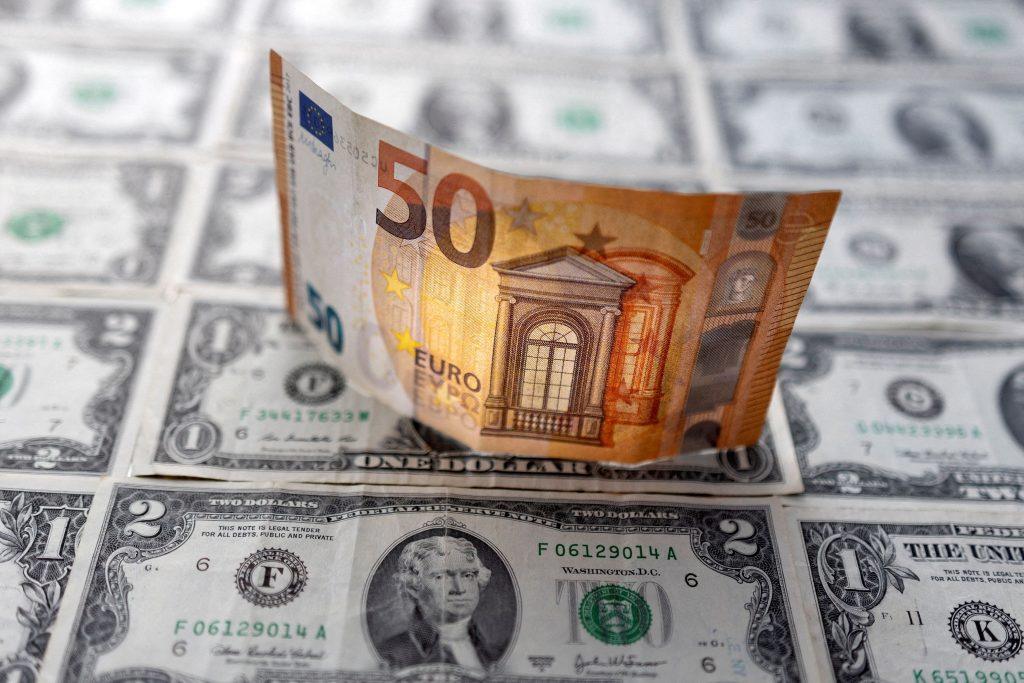The nominal increases announced by power providers in electricity prices in September have set consumer wallets on fire. Increases in relation to the price per kilowatt hour in August reach up to 60 to 65% in the price of the kilowatt hour, depending on the company.
Increases from 0.75 to one euro kW/h
In order to avoid the phenomena of previous months with the shock increases in electricity bills, now the interest of consumers is turning to the upcoming announcements of the Ministry of Energy and whether there will be a corresponding increase in the state subsidy, which had somewhat normalized the situation after the first shock suffered by households when electricity bills had skyrocketed, before the Power Pass measure had even come into force.
The prices that were published last night for September and will be seen in October bills, vary depending on the provider from 0.75 euros to 1 euro per kilowatt hour (for consumption up to 500 kilowatt hours).
Providers and rates
PPC: 0.788 euros per kilowatt-hour for consumption up to 500 kilowatt-hours per month and 0.8 euros for more than 500 kilowatt-hours. The charge for the night tariff is 0.747 euros. Fixed 3.5 euros per month.
Protergia: 0.78213 euros per kilowatt hour and 0.77855 for the night tariff. Fixed 5 euros per month.
Heron: 0.750 euros per kilowatt hour and 0.6 with a 20% consistency discount. Fixed 3 euros per month.
Elpedison: prices depending on the program range from 1.0864 to 1.1367 euros per kilowatt hour, while a return (loyalty pass) is foreseen next month, which for August was set at 0.4 euros per kilowatt hour.
NRG: 0.748-0.768 euros per kilowatt hour. Fixed 1.8-5 euros per month.
Zenith: 0.687 – 0.697 euros per kilowatt hour. Fixed 4-4.5 euros per kilowatt hour.
Government subsidy is not enough
Until today, with the state subsidy, consumers paid 0.15-0.18 euros per kilowatt-hour out of their pockets, which ranged in August from 0.48 to 0.67%, as the state subsidy was at 0.34 euros per kilowatt hour.
Now, the amount of the state subsidy that is valid to date is not enough to cover the September price increases. Essentially, in order to limit the burdens on the consumer to the same level (that is, to continue paying 15 to 18 cents per kilowatt-hour), the state subsidy should be increased from 0.34 euros to 0.64 euros, i.e. the same as the increase in prices announced by providers.
During the week, probably on Tuesday or Wednesday, announcements are expected from the Ministry of Energy, and there we will find out whether and by what amount there will be an increase in the state subsidy.
Instability
“The market conditions are similar to those at the end of July, so we had made the forecasts for August prices. Natural gas prices, on which 40% of Greece’s electricity generation depends, have had a slight drop in recent days, below 200 euros per megawatt hour (MWh), but last Tuesday and Wednesday they recovered – reaching as high as 202, 6 euros/MWh (megawatt hour), with the October and November forward contracts exceeding 205 euros/MWh” an executive of a vertically integrated energy company pointed out to “Vima” newspaper shortly before the announcement of the September billing prices.
As he reports, it turns out that the prices given by some providers in July for the August pricing were very high compared to the prices we have been seeing lately on the Energy Exchange.
And he explains: “The forecasts were made with the high gas prices as a ‘guide’. However, in the end wholesale electricity prices in August did not follow gas prices, as the average price for the first ten days of August remained at 369.61 euros/MWh”. The reduced demand and the entry into the country’s energy mix of plenty of cheap energy from RES and also lignite had a positive effect.
Impossible
“So for September, we should give lower prices, but this is impossible due to the instability prevailing in the market” notes a pundit in the field of procurement, underlining that with the new system of abolishing the “adjustment clause” and pricing, based on a forecast, the kilowatt hours for the next month, prices increased, on average, by about 10%.
“In practice we found that those suppliers who had hedged gave lower prices for August, which are ultimately closer to the real prices today, plus reasonable profit. But those who had not hedged and had given high prices, are ultimately also the most favored, who will see very high profits in August,” points out a representative of the sector.
However, an official of the Ministry of Environment and Energy, commenting on the prospect of excess profits being created again with the new system, argues that, if they do occur, the government intends to tax them retrospectively, so that the funds are returned to consumers .


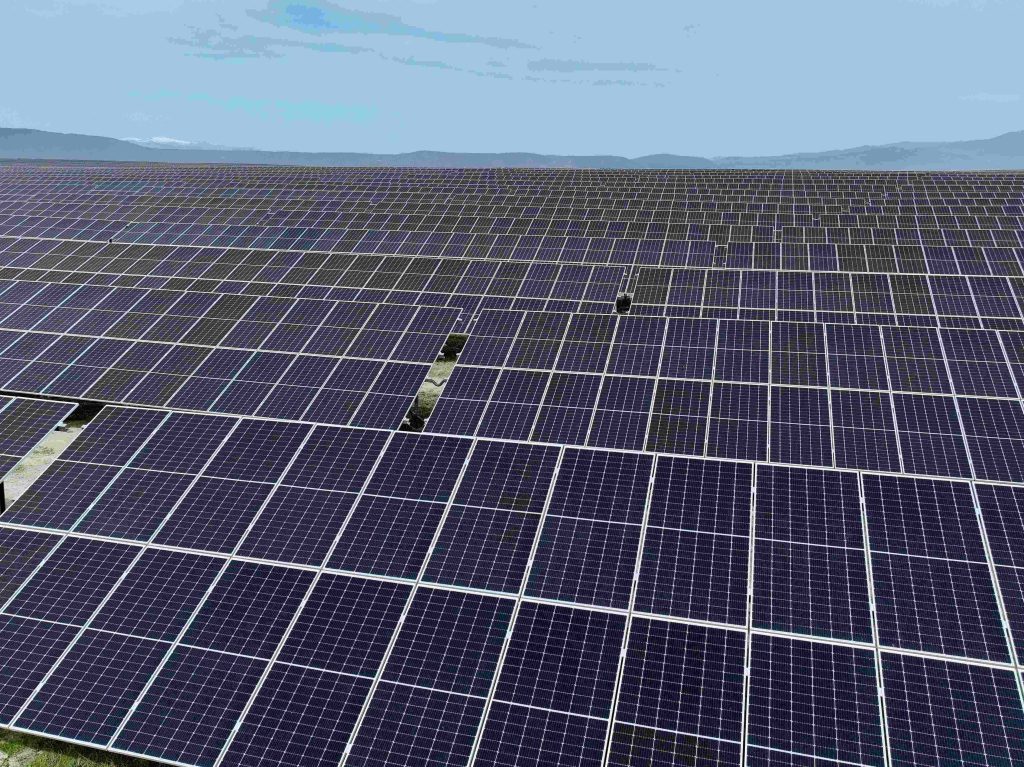




![Βούτυρο: Τι δείχνει το χρηματιστήριο τιμών – Γιατί παίρνουν… φωτιά τα κρουασάν [γραφήματα]](https://www.ot.gr/wp-content/uploads/2025/07/kroyasan-1024x683-1-300x300.jpg)





![Δασμοί: Οι εμπορικές συνομιλίες ΕΕ-ΗΠΑ για τους δασμούς στα αυτοκίνητα [γραφήματα]](https://www.ot.gr/wp-content/uploads/2025/07/tofas.jpg)

![Τεχνητή νοημοσύνη: Η ζήτηση ενέργειας αυξάνει τις εκπομπές CO2 [γράφημα]](https://www.ot.gr/wp-content/uploads/2025/02/data-center.jpg)
![Χρυσές λίρες: Πουλάνε μαζικά οι Έλληνες το εξάμηνο του 2025 [γράφημα]](https://www.ot.gr/wp-content/uploads/2025/07/photo_2025-07-04_13-01-06.jpg)

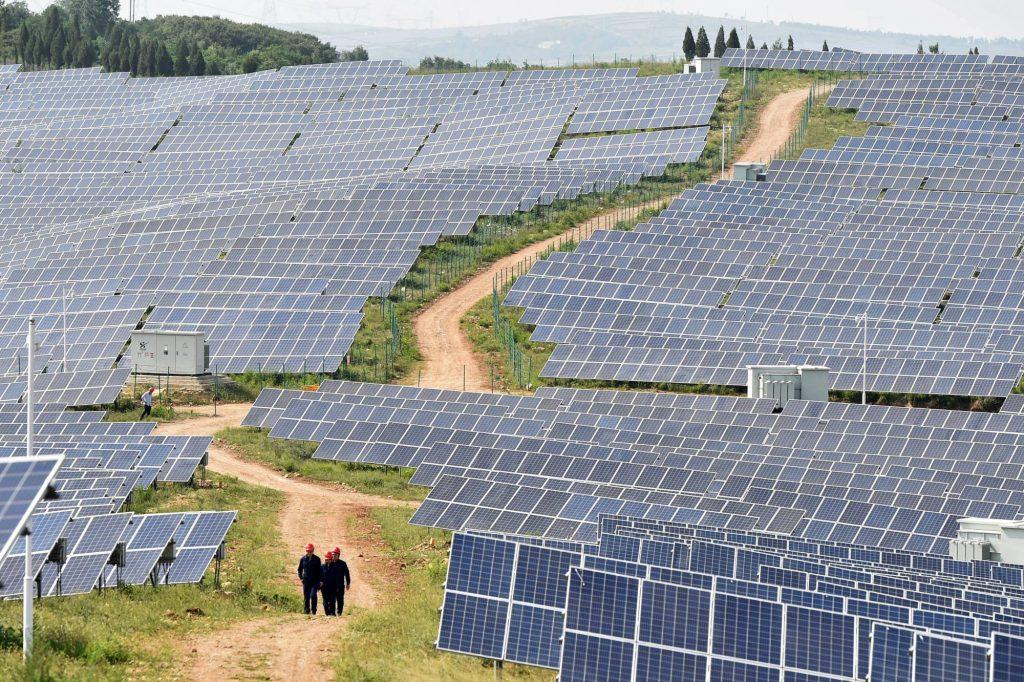


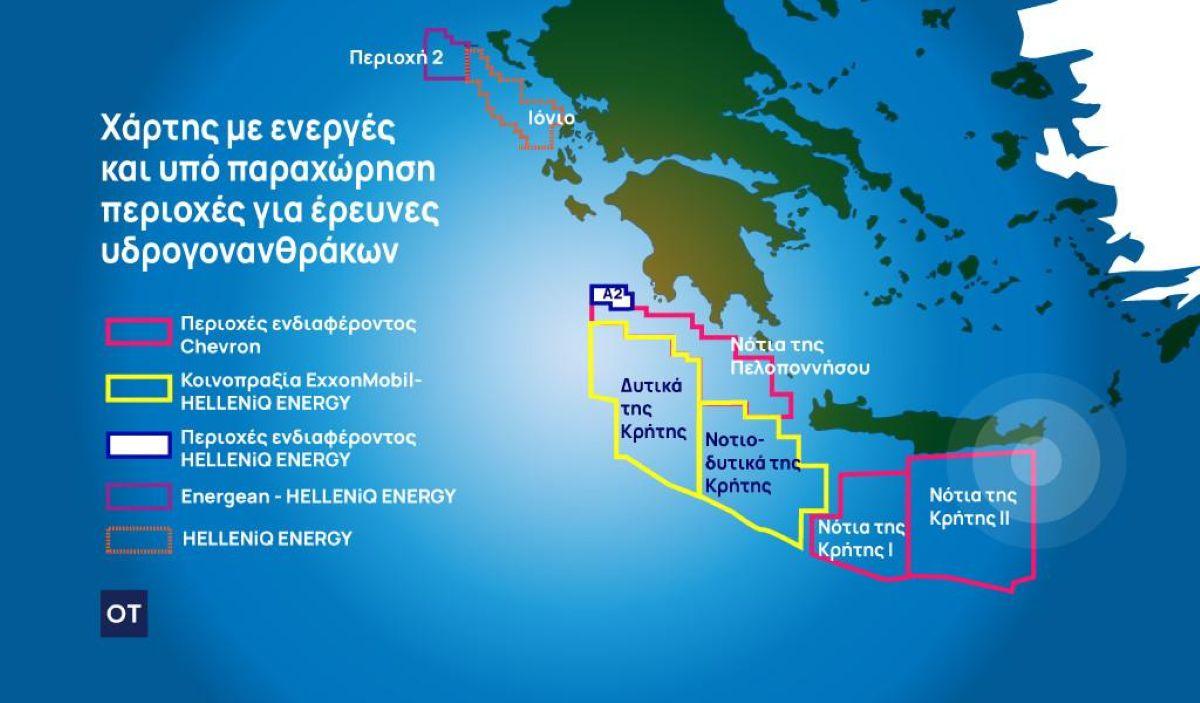

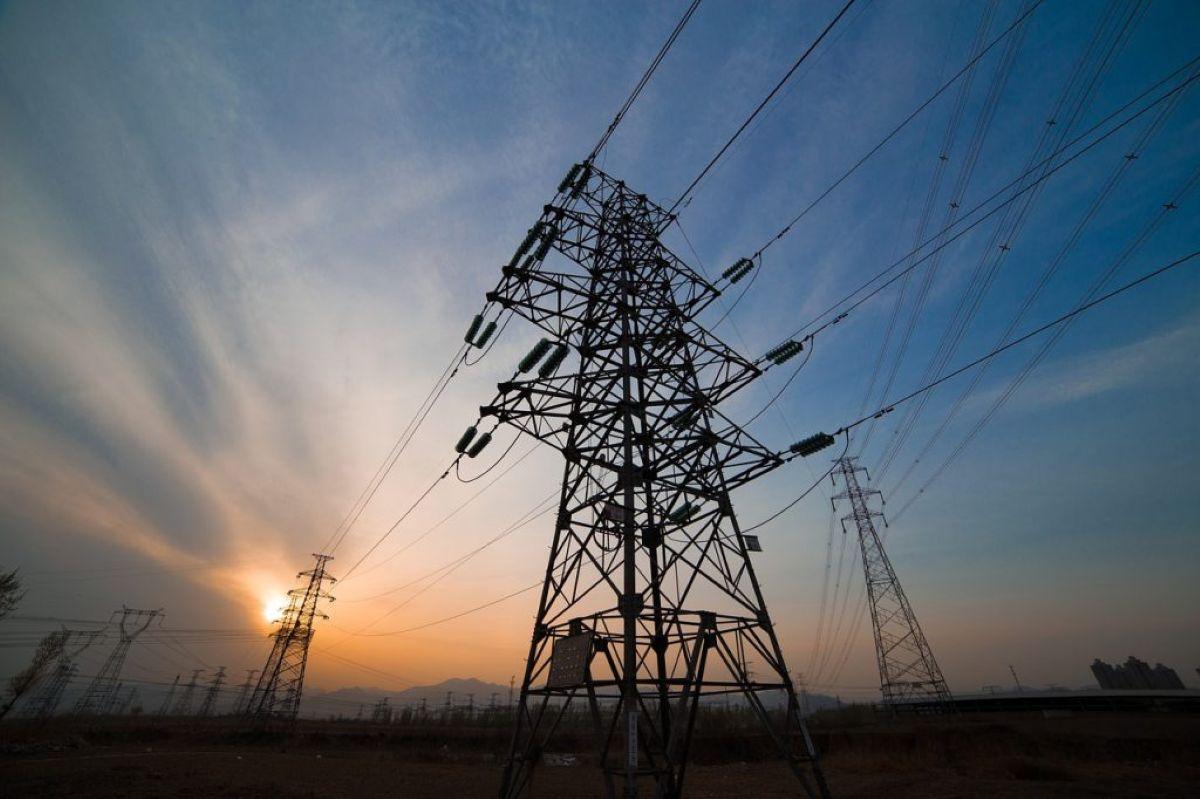




![Βούτυρο: Τι δείχνει το χρηματιστήριο τιμών – Γιατί παίρνουν… φωτιά τα κρουασάν [γραφήματα]](https://www.ot.gr/wp-content/uploads/2025/07/kroyasan-1024x683-1.jpg)


![Εκατομμυριούχοι: Η μεγαλύτερη μετακίνηση πλούτου στην ιστορία το 2025 [γράφημα]](https://www.ot.gr/wp-content/uploads/2024/04/money-2048x1366-1.jpeg)

![Τραμπ: Διοργανώνει σύνοδο κορυφής ΗΠΑ και πέντε αφρικανικών χωρών [γράφημα]](https://www.ot.gr/wp-content/uploads/2025/06/trump-maga-scaled.jpg)

